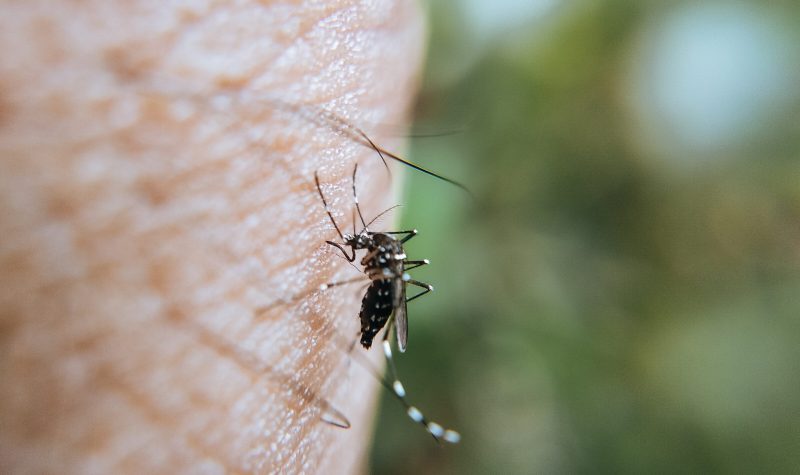The first confirmed case of a person infected with West Nile Virus has been confirmed by Toronto Public Health.
On Aug. 4, the first probable human infection case of West Nile Virus notification was sent out by Toronto Public Health. When asked the following week, they confirmed that a resident in Toronto has contracted the virus. Toronto Public Health did not specify where the first human infection in Toronto was found.
When Toronto Public Health first found mosquitoes which carried West Nile Virus in Toronto they were found in North West Scarborough. With the increase of mosquito population, they say that infected mosquitoes can be found throughout the city as “one can assume that wherever mosquitoes are found in Toronto, they may carry West Nile Virus.
“We can confirm that a resident of Toronto has contracted the West Nile Virus. The risk of contracting West Nile virus is the same throughout the city,” said Toronto Public Health in their response. “The likelihood of West Nile Virus being transmitted to a human is low. Nonetheless, we have been advising residents to take precautions.”
Toronto Public Health monitors the populations of mosquitoes to assess how many test positive for the virus weekly. In 2022, there were 14 testing pools that were found to have carriers. The current number of traps in Toronto that have been found to have infected mosquitoes is 30.
“Both the number of mosquitoes that can carry West Nile Virus and the number of batches (pools) that test positive have been increasing each week. August to mid-September is typically the highest risk period for West Nile Virsu infection of people in Toronto depending on the weather. This is due to an increase in the number of mosquitoes infected with West Nile Virus during this time,” says Toronto Public Health.
Toronto Public Health says that taking cautions to lower the risks of being infected by the virus is important. They say that the main species that carries West Nile only 1 in 10 actually carry the virus with it being “closer to 1 in 50.” They say that once there are positive populations that the risk of infections does increase.
To further prevent and avoid infection Toronto Public Health recommends:
- Wear light-coloured clothing, long pants and long-sleeved shirts when outdoors.
- Apply insect repellent containing DEET or icaridin, following the manufacturer’s instructions.
- Take extra care during peak mosquito-biting hours, dusk and dawn, by using repellent and covering up.
- Make sure homes have tight-fitting screens on windows and doors.
- Remove standing water from properties, where mosquitoes can breed. Standing water includes any water that collects in items such as pool covers, buckets, planters, toys and waste containers.
More information regarding the West Nile Virus can be found on the Toronto Public Health website.
Listen to the story below:


